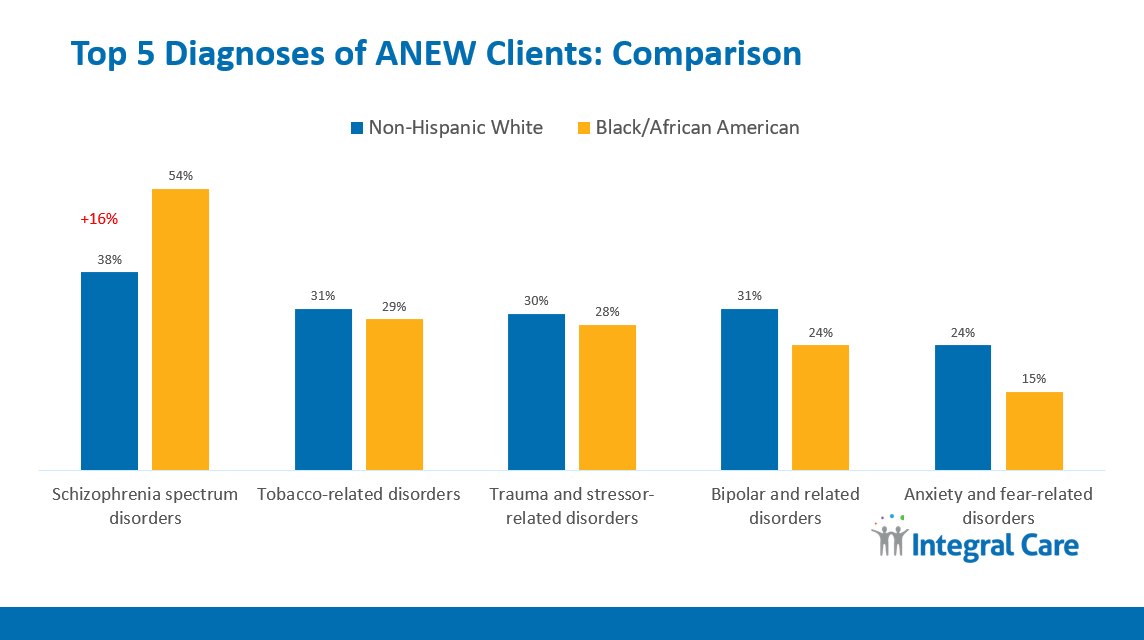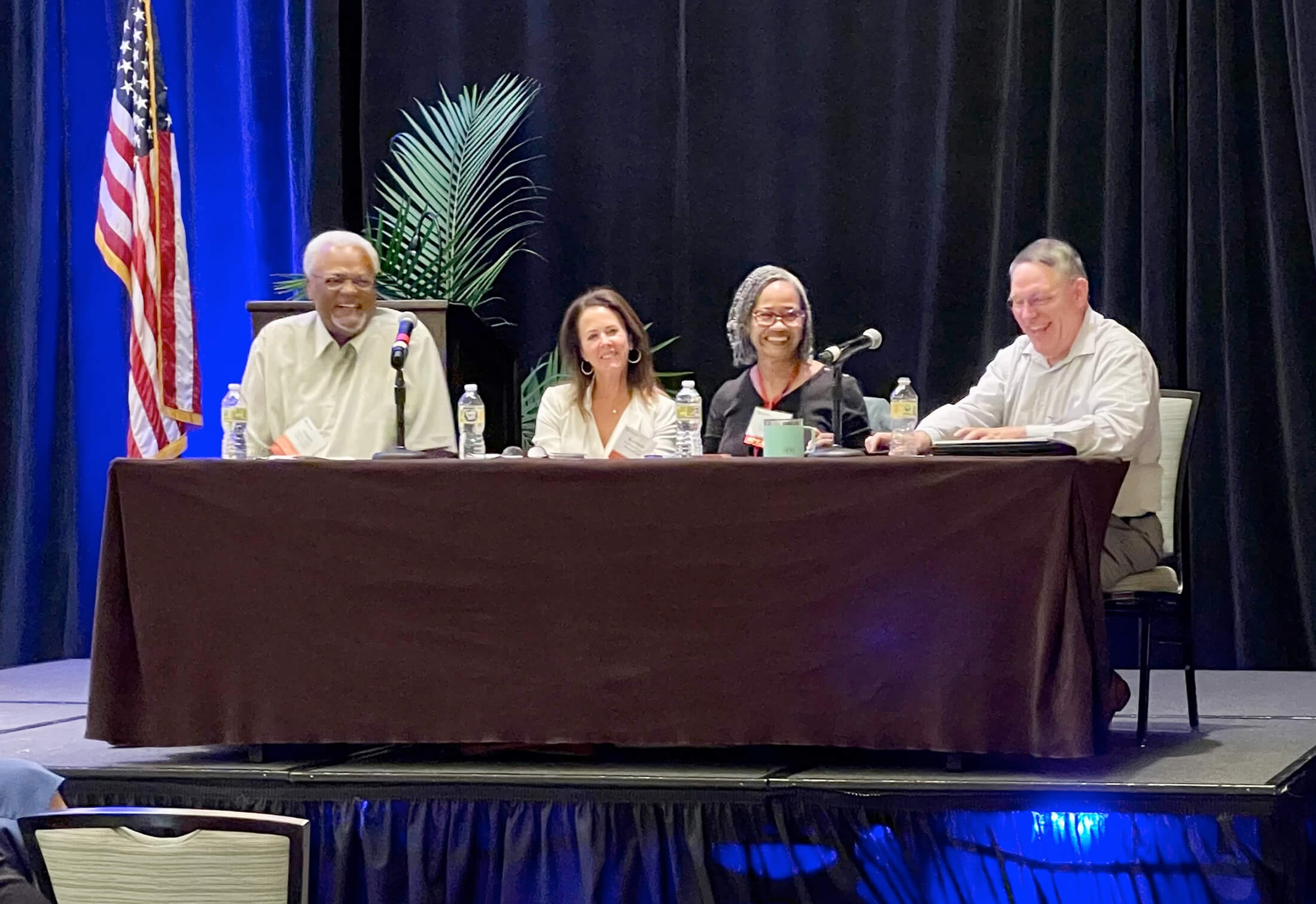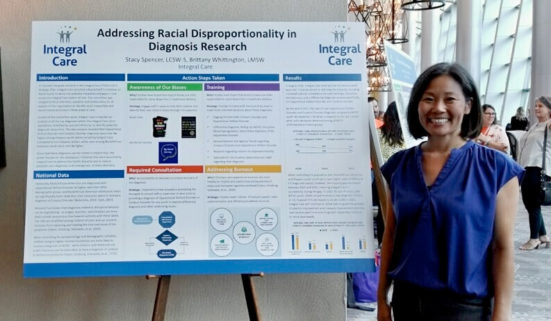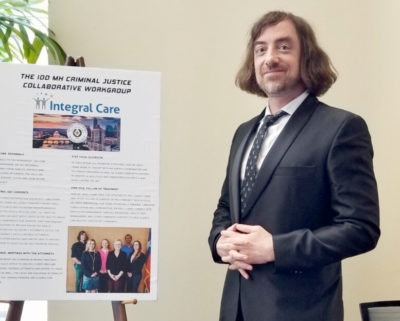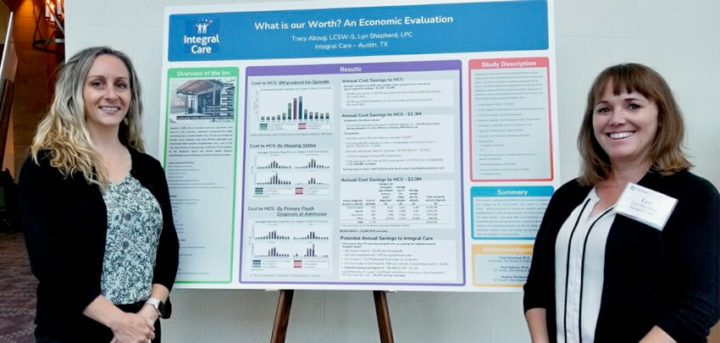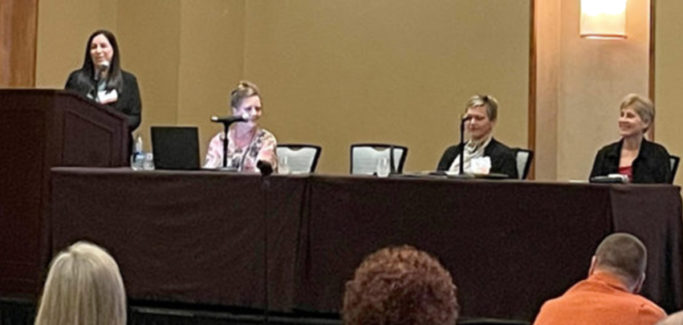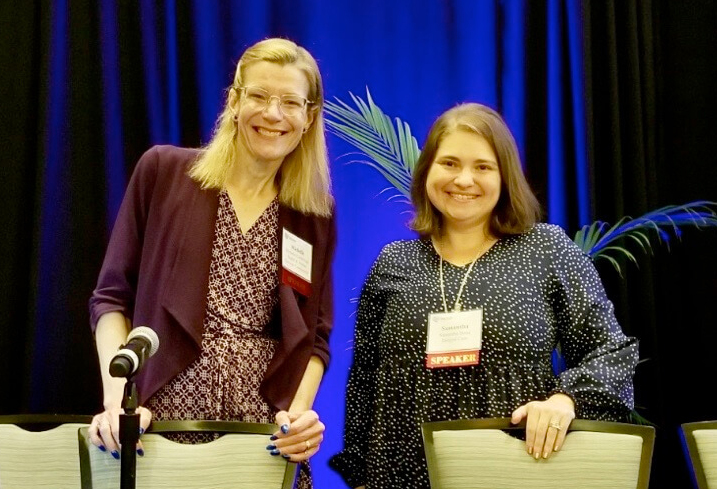July is BIPOC Mental Health Month, formally recognized as Bebe Moore Campbell National Minority Mental Health Awareness Month, a time to promote mental health among Black, Indigenous and people of color (BIPOC) and raise awareness around the unique mental health struggles these communities face in the U.S. Discrimination, unequal access to care, a lack of culturally and linguistically competent care and additional stigma all contribute to mental health disparities for BIPOC communities.
Integral Care is committed to eradicating our own institutional racism and structural inequities. One way we are working toward this goal is through our racial equity work. We are focused on reducing disparities and achieving racial equity in the care we provide through data that identifies, monitors and responds to racial disparities. Most recently, we’ve taken a close look at our work across substance use treatment, schizophrenia diagnoses and Conduct and Oppositional Defiant Disorders diagnoses.
Substance Use Disorder
According to the Yale School of Medicine, in 2018, only 18% of people identified as needing substance use treatment received it. The gap is even greater in minority communities. As of 2018, 92% of Latinx individuals and 90% of Black/African Americans diagnosed with a substance use disorder were unable to receive addiction treatment. Our Population Health team conducted an analysis around the utilization of substance use treatment services relative to overall Integral Care programs and national data around health disparities in substance use treatment. The health disparity findings resulted in targeted interventions to prioritize outreach to Black/African American clients with opioid use disorder to reduce identified disparities within the utilization of specialty substance use treatment services. A live dashboard was created for case managers to identify clients with an opioid diagnosis who are not enrolled in opioid services for the purpose of targeted outreach and engagement.
Schizophrenia Diagnosis
Multiple studies on implicit bias have shown that Black patients are more likely to be (mis)diagnosed with schizophrenia than non-Hispanic White patients when accounting for symptomatology using standardized diagnostic criteria. Our Population Health Administrator performed an in-depth analysis of the 1,417 criminal justice involved individuals served by our ANEW and Mental Health Bond programs in Fiscal Year 2020. The chart below shows the racial disparity in our client population:

